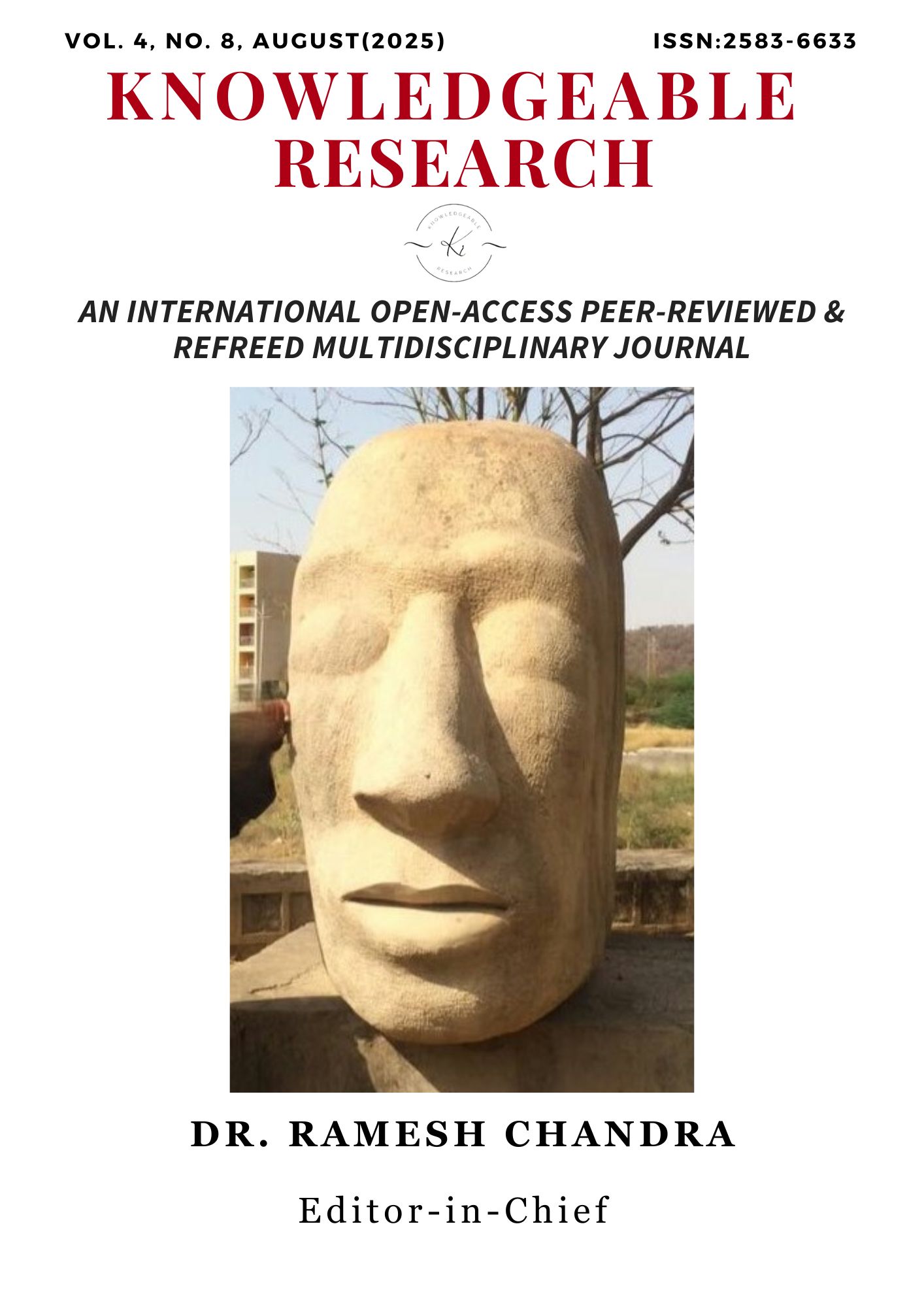Good Governance and Role of Judiciary in Present Scenario
Main Article Content
Abstract
Good governance forms the cornerstone of a democratic society, ensuring transparency, accountability, equity, and inclusiveness in governmental processes. In India, the judiciary plays a pivotal role in maintaining and promoting good governance by upholding constitutional principles, protecting fundamental rights, and ensuring the rule of law. The paper explores how judicial intervention has evolved in response to the challenges of the modern era, where rapid socio-economic transformations demand greater institutional accountability. Through an analysis of landmark judgments such as Kesavananda Bharati v. State of Kerala (1973), Maneka Gandhi v. Union of India (1978), Vishaka v. State of Rajasthan (1997), Justice K.S. Puttaswamy v. Union of India (2017), and several recent cases, the study highlights the judiciary’s role in safeguarding individual freedoms, environmental protection, digital privacy, women’s rights, and anti-corruption measures.
The research underscores that the judiciary has increasingly adopted an activist approach to address legislative and executive lapses, particularly in areas such as transparency, citizen-centric responsiveness, and procedural accountability. However, challenges such as case backlogs, political influence, and institutional overburdening persist, calling for collaborative functioning among all three pillars of democracy—the legislature, executive, and judiciary. The study concludes that an empowered judiciary, coupled with informed citizen participation, is indispensable for strengthening democratic governance and ensuring justice in a rapidly changing socio-political landscape.
Downloads
Article Details
Section

This work is licensed under a Creative Commons Attribution-NonCommercial 4.0 International License.

